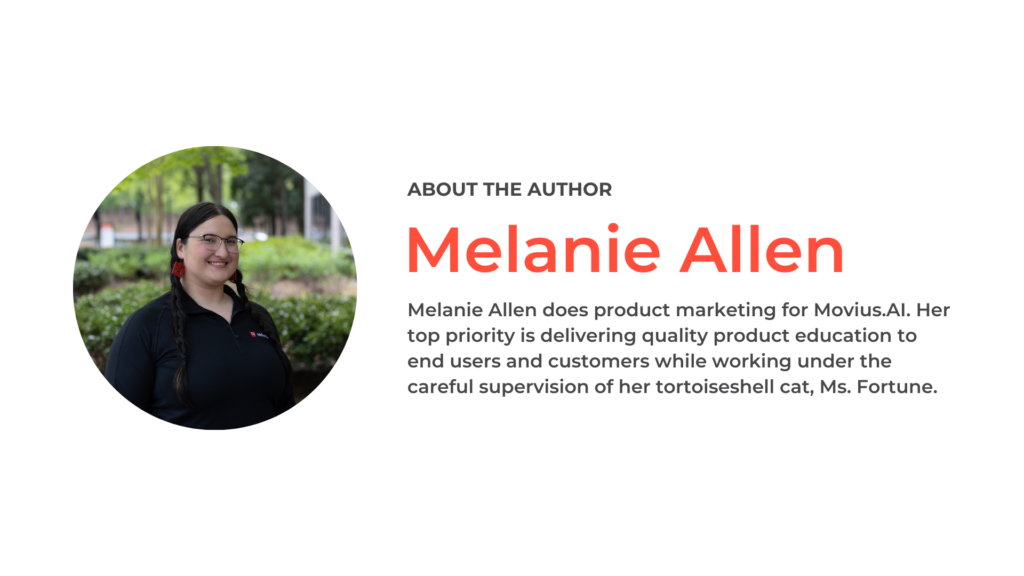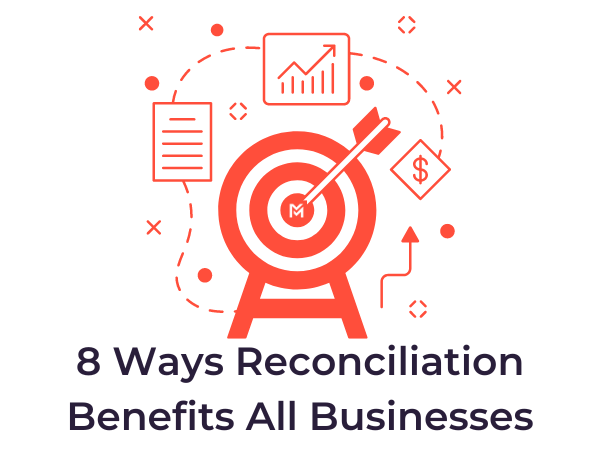One of the things that makes MultiLine by Movius special is that our platform is powerful enough to support the strictest requirements of regulated industries. One of these requirements is reconciliation. But not all of our customers are in regulated industries, and may not be familiar with reconciliation and how it can benefit businesses of all types. This article seeks to demystify reconciliation and tell you new things you may not know about the Movius platform.
What is reconciliation?
In the context regulated businesses, reconciliation refers to the process of ensuring that the data is consistent across sources. When businesses are required to comply with specific regulations, they often have to use the data for legal or compliance reasons. Many of our customers need reconciliation for all their call and messaging data to ensure it is up to a standard of confidence.
How does it work?
Data reconciliation involves comparing data from different sources to verify that there are no discrepancies or data integrity issues. It aims to confirm that the information matches with each other and hasn’t been altered or corrupted during the archival process.
Key aspects
- Data Integrity: Proving that archived data remains intact and unaltered, maintaining its original state and content.
- Data Validation: Making sure that archived data aligns with the expected format and structure, as defined by the regulatory requirements.
- Timestamp Verification: Verifying that the timestamps and metadata associated with the archived data are accurate and consistent.
- Audit Trails: Maintaining detailed records of all activities related to the data archival process to provide an audit trail for compliance purposes.
- Periodic Checks: Conducting regular checks and audits of the archived data to identify any discrepancies and take appropriate corrective actions if needed.
- Chain of Custody: Establishing a robust chain of custody to track the handling and access to the archived data, ensuring its security and authenticity.
In summary, data reconciliation is essential for regulated organizations as it helps maintain data integrity, compliance, and accountability. It provides assurance that the archived data can be relied upon for legal, regulatory, or audit purposes, even after an extended period of storage.
Benefits of reconciliation outside regulated industry
- Data Confidence: Businesses can know their archived data is accurate and consistent with the original source and greater confidence in the data they are storing. Such data is more reliable for decision-making, performance analysis, and strategic planning.
- Risk Mitigation: Even without regulatory requirements, data integrity and accuracy are crucial for any business. Reconciliation helps reduce the risk of data corruption, accidental changes, or data loss.
- Historical Analysis: Reconciled archival data enables businesses to analyze past trends and patterns, which informs business strategies and decision-making.
- Customer Satisfaction: Maintaining accurate records of interactions, preferences, and transactions can lead to better customer service, personalized experiences, and improved customer satisfaction.
- Business Continuity: Having a validated archival system ensures a smoother transition and reduces the risk of data discrepancies during system upgrades, data migrations, or software changes.
- Legal and Dispute Resolution: Even in non-regulated environments, businesses might face legal or contractual disputes. Accurate and reconciled data can serve as strong evidence in resolving disputes and ensuring fair outcomes.
- Long-term Planning: Businesses often need to plan for the long term, and reconciled archival data provides a reliable historical record that can help with forecasting, budgeting, and goal setting.
- Reputation and Trust: Maintaining accurate and reliable data can enhance reputation and build trust with customers, stakeholders, and partners.
Thank you for reading. I hope this article explained how reconciliation can benefit businesses of all types, irrespective of regulatory mandates. It can support better data management, improved decision-making, and increased operational efficiency, leading to enhanced business performance and growth.
Reconciliation for all your calls and messages
Movius can provide top-notch reconciliation for all your call and messages data. We offer the automatic transfer of text messages and social messages into the customer’s archival system of choice. The organization is able to manage the archived text messages and social messages in their preferred platform, such as Dubber, Verint, Global Relay, NICE and more. If this gets you interested in getting MultiLine for your organization, you can easily schedule an intro call using the Movius chatbot. Try it out!

